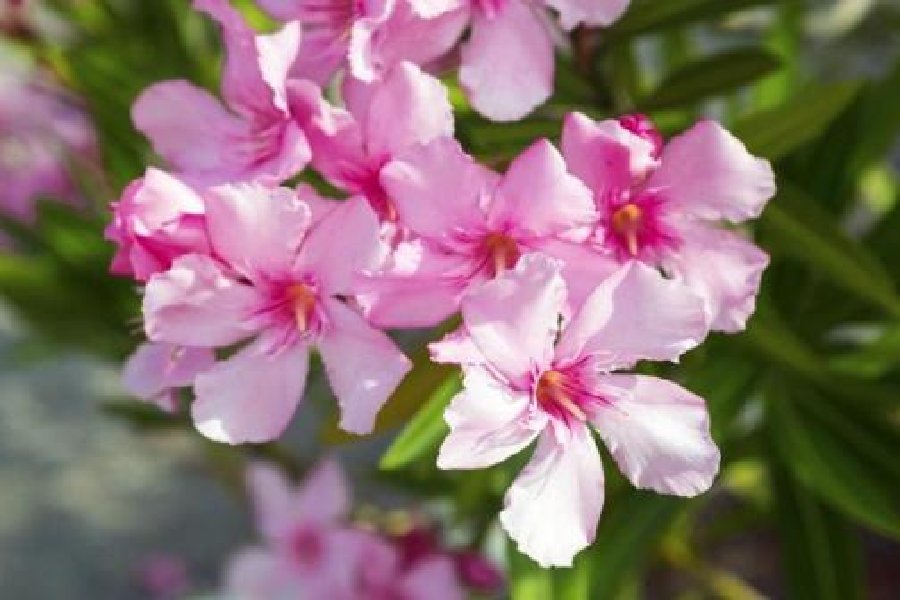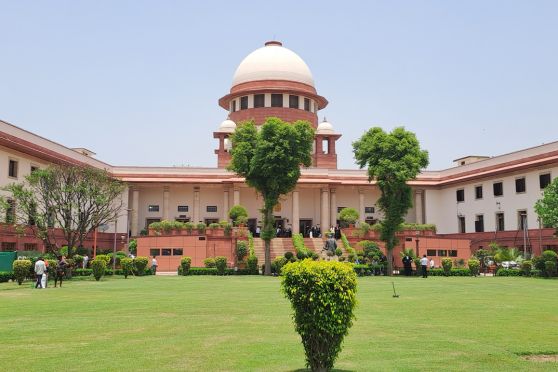Bengaluru: A commonly grown flower has turned villain in Kerala where two temple governing boards have banned it just days after its accidental ingestion killed a nurse who was set to embark on a new career in Britain.
The pretty arali flower, known as oleander in English, has often captured the imagination of poets. However, Travancore Devaswom Board (TDB) and Malabar Devaswom Board (MDB) — the two state-run entities that govern over 2,600 temples across the state — have asked devotees not to bring oleander for rituals like they used to do.
The decision was first taken by the TDB, which governs 1,340 temples in the southern districts. The MDB, which governs about 1,300 temples in the north of the state, quickly followed up with a similar decision on Friday. The Cochin Devaswom Board, which governs temples in central districts, has decided to wait for the chemical analysis report.
Temples run by families or trusts are free to make independent decisions, said a TDB official.
The trigger for the unusual move to ban a flower commonly used in temple rituals was the sudden death of Surya Surendran, a bright young nursing graduate. A native of Alappuzha, 24-year-old Surya collapsed on May 2 at the Kochi International Airport shortly before boarding a flight to Britain to start her new job.
Before she died of a heart attack at a hospital on May 6, Surya had told doctors that she had accidentally chewed on the flower and its leaf. The post-mortem conducted at the Alappuzha Medical College Hospital confirmed that she had consumed the poisonous flower and leaf.
Surya's death had dashed the hopes of her father who is a daily wage earner and her mother who runs a tea shop.
TDB president P.S. Prashanth told reporters that the board took the decision to ban the flower at a meeting on May 9 keeping in mind the safety of man and animal.
“Devotees can continue to offer tulsi (holy basil) and thechi (ixora) for rituals after which they are given the prasadam (part of the offerings returned to the devotees after the rituals). The decision is to ensure that the flower doesn’t reach the hands of devotees,” he said, adding the decision has been communicated to all temples under the TDB.
The MDB, too, decided to ban the flower over safety concerns, its president M.R. Murali told reporters. “We banned it even though oleander is not commonly used in our temples.”
A TDB official who declined to be named told The Telegraph that not all temples use oleander even in southern Kerala. “But the safety of man and animal is our priority although we haven’t had any reports of anyone getting hurt by ingesting the flower.”
A research paper authored by S.D. Langford and P.J. Boor titled "Oleander toxicity: an examination of human and animal toxic exposures" available on the website of the US government's National Library of Medicine describes the flower as toxic for man and animals.
“Oleanders contain within their tissues cardenolides that are capable of exerting positive inotropic effects on the hearts of animals and humans. The cardiotonic properties of oleanders have been exploited therapeutically and as an instrument of suicide since antiquity,” the paper stated.











